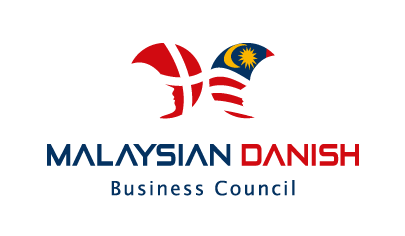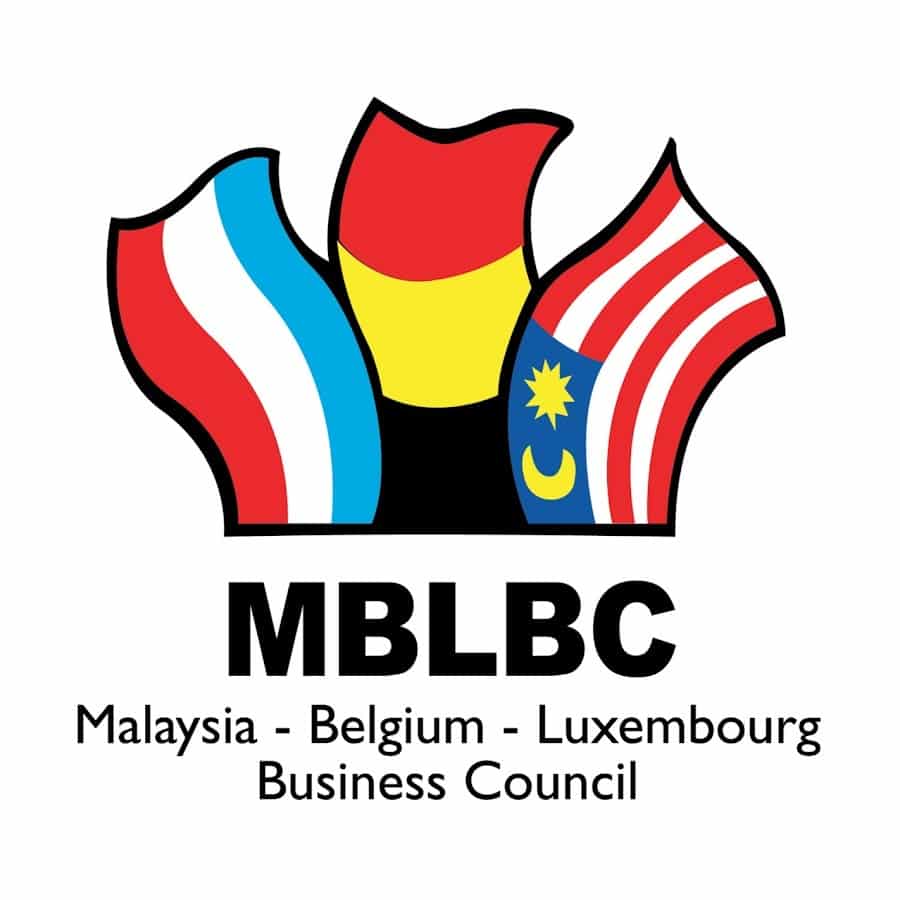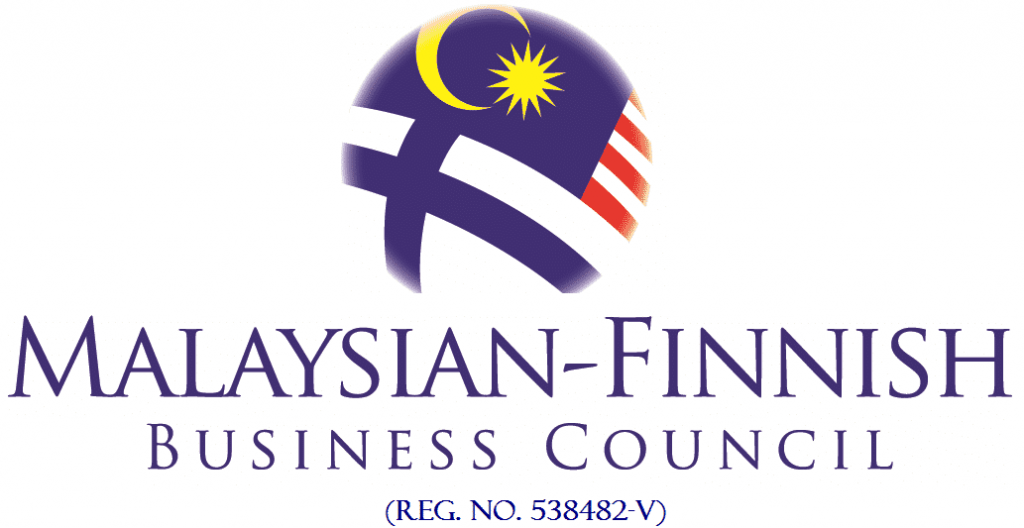Renowned Economist Optimistic of Malaysia’s 2020 Outlook Despite a Synchronized Slowdown of Global Economy




Unveiled by the Finance Minister Lim Guan Eng on Oct 11, Malaysia’s 2020 budget is focused on driving growth and unbiased outcomes towards the ‘Shared Prosperity Vision 2030’.
In this regard, an InterChamber event was organized by the Belgium Luxemborg, Irish, Finnish and Danish chambers on 15th of November’19 at Nordic House, Kuala Lumpur in which renowned economist Prof. Dr. Yeah Kim Leng from Sunway University delivered a talk sharing key insights of the budget from a macro economic perspective.
The event was attended by InterChamber members and other corporate dignitaries. It provided the perfect opportunity for everyone to not only network after work hours but also unwind with a stunning roof top view and connect over drinks and scrumptious food from Ra.Ft Café.
The breathtaking view of the Twin Towers from the venue offered the perfect setting for guests to catch up with old friends and make new connections.

“This is a very good event for SMEs to fully understand how to leverage on the Government’s Budget 2020 plans that has a lot to offer to SMEs. A must go event!” exclaimed Ms. Pauline Goh, Director-Alliances, InvestKL Corporation.

Chairman Allan Jensen welcoming Professor Yeah Kim Leng to enlighten the members of the Nordic councils and chambers with key budget insights.
Prof. Yeah started the discussion with a brief introduction into the economic and fiscal landscape of Malaysia. According to him, the budget focusses on initiatives which are aimed not only at responding to the sluggish global economic environment but also engineering the country towards digital transformation, while establishing an inclusive social safety net for everybody.

The GDP growth is forecasted at 4.8% for 2020, marginally higher than the previous two years, whereas inflation is expected to increase to 2% in 2020. Prof. Yeah indicated that the government is looking forward to improving its status as a destination of choice for foreign firms keen on investing in Malaysia. The budget also revealed its intention to provide tax incentive and support to the SMEs. He was of the opinion that the government crafted the budget with the assumption that it will boost the economic growth of the country.
For the interest of our readers, the focus of this article will be on the implication of Budget 2020 on the Small and Medium Enterprises (SMEs).
Key Takeaways
- One of the major thrusts of this budget is to drive economic growth in this era of the fourth industrial revolution by making Malaysia the preferred investment destination. In fact, The World Bank report ‘Doing Business 2020’ highlights that Malaysia is ranked at 12 in ‘Ease of Doing Business’, up 3 places from 2019. This is a reason for celebration for the SMEs looking at Malaysia to expand their operations.
- According to the professor, the government is looking at promoting investments by formulating several initiatives. For instance, attracting investors from China through InvestKL by setting up a ‘special channel’. The ongoing US-China trade war has created an incredible opportunity for Malaysia to leverage its position as a preferred investment destination, according to Finance Minister Lim Guan Eng.
- The government is also focusing on improving the ‘ease-of-doing-business’ in Malaysia further, by revamping the way businesses are established and providing tax incentives. Also improving payment facilities at Port Klang (one of the world’s busiest container ports) along with an improved transportation infrastructure is an important agenda.
- The budget proposed to offer customized incentives in order to attract the Fortune 500 companies and unicorns in Malaysia, especially in manufacturing, creative, high-tech and new economic sectors. The investment packages go up to RM 1 Billion a year for 5 years for companies that invest at least RM 5 Billion in Malaysia. This move will help support the SMEs and increase their economic activities by creating more than 150000 highly skilled jobs over the next 5 years. The government is also looking at accelerating the approval process for the MNCs and allocate customized incentives for the establishment of production and distribution centers, back offices and support offices. Overall this initiative will be critical in sending positive signals and assurances for foreign SMEs to consider investing in Malaysia.
- The Budget 2020 emphasized the government’s continued attention to the SMEs for which they are looking at strategies to incentivize them to adopt digital technologies. Prof. Yeah denoted the government’s initiative of providing cash incentive to such SMEs for subscribing to e-POS, ERP and a digital payroll system. The digital landscape is changing at a lightning speed and the Malaysian government is aiming at strengthening the digital technology adoption by SMEs to leverage its benefit, mentioned Prof. Yeah.
- He further added that the government is encouraging SMEs to transform their digital capabilities by establishing one-stop ‘Digital Enhancement Centers’ (DEC), to improve their capacity building, thus positioning Malaysia as a technology and digital hub. A key feature of Budget 2020 is grants up to RM 500 million for SMEs to digitize their ways of operation. The government is looking into revewing the income tax for SMEs by increasing the preferential rate by RM 100000 to RM 600000 effective 2020.
- Another key highlight of Budget 2020 is the announcement of 10 years tax exemption for electrical and electronics sector that moves towards embracing 5G technology and Industry 4.0.
- Prof. Yeah ended his engaging session with an optimistic outlook towards Malaysia’s growth and development in the near future. The Budget 2020 is likely to deliver on its promises because of a stronger emphasis on effective execution and efficient spending but external factors are also critical as the global economy’s impact is a big concern. Hence the government needs to exercise caution. They have targeted strategic areas which in the long term has the potential to steer the economy towards its vision of achieving ‘Shared Prosperity Vision 2030’.

